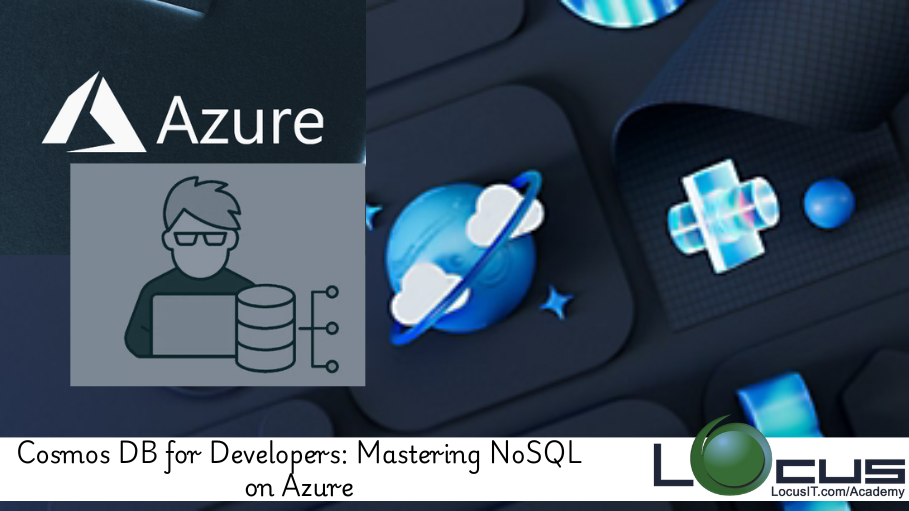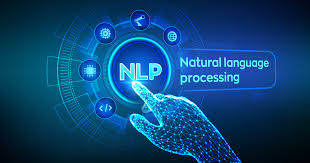Description
Introduction of Cosmos DB for Developers
This course provides a deep dive into using Microsoft Azure Cosmos DB for developers, focusing on NoSQL database management, data modeling, and developing applications that require scalability, flexibility, and high availability. Participants will learn how to leverage Cosmos DB’s multi-model capabilities to build fast and reliable solutions that meet modern cloud-native application requirements.
Prerequisites
- Basic Understanding of NoSQL Databases: Familiarity with NoSQL principles like schema-less data storage and scalability.
- Proficiency in Programming: Experience in a development language such as C#, Java, Node.js, or Python.
- Familiarity with Azure Cloud Platform: Knowledge of Azure services and cloud computing basics.
Table of Contents
1. Introduction to Cosmos DB
1.1. Overview of Cosmos DB Architecture
1.2. Cosmos DB’s Multi-Model Capabilities
1.3. Key Features and Benefits for Developers
1.4. Supported APIs: SQL, MongoDB, Cassandra, Gremlin, Table
2. Getting Started with Cosmos DB
2.1. Creating a Cosmos DB Account in Azure
2.2. Exploring Cosmos DB’s User Interface and Azure Portal
2.3. Cosmos DB SDK Setup and Installation
2.4. Basic Operations: CRUD and Querying Data
3. Data Modeling in Cosmos DB
3.1. Choosing the Right Data Model
3.2. Best Practices for Partitioning and Sharding
3.3. Schema Design for Document, Graph, and Key-Value Models
3.4. Working with JSON Documents in Cosmos DB
4. Working with Cosmos DB APIs
4.1. SQL API: Querying and Managing JSON Data
4.2. MongoDB API: Interacting with Cosmos DB through MongoDB Drivers
4.3. Cassandra API: Managing Distributed Data
4.4. Gremlin API: Using Graph Databases in Cosmos DB
4.5. Table API: Key-Value Pair Data Management
5. Advanced Querying and Indexing
5.1. Writing Complex Queries with Cosmos DB SQL API
5.2. Working with Joins, Aggregations, and Group By
5.3. Indexing Strategies for Optimized Performance
5.4. Handling Large Data Sets with Cosmos DB Queries
6. Integrating Cosmos DB with Other Azure Services
6.1. Cosmos DB and Azure Functions for Serverless Apps
6.2. Using Azure Logic Apps with Cosmos DB
6.3. Connecting Cosmos DB with Azure Kubernetes Service (AKS)
6.4. Integrating with Azure Event Grid and Event Hub
7. Cosmos DB Performance Optimization
7.1. Understanding Request Units (RUs) and Throughput
7.2. Scaling Cosmos DB for Global Availability
7.3. Performance Tuning Techniques for Data Access
7.4. Cost Management and Optimization in Cosmos DB
8. Security and Access Control
8.1. Cosmos DB Authentication Methods
8.2. Configuring Role-Based Access Control (RBAC)
8.3. Data Encryption and Secure Communication
8.4. Integrating Cosmos DB with Azure Active Directory
9. Cosmos DB and Event-Driven Architecture
9.1. Implementing Event Sourcing with Cosmos DB
9.2. Real-Time Data Processing with Change Feed
9.3. Using Cosmos DB for Messaging and Stream Processing
9.4. Combining Cosmos DB with Azure Event Hubs and Azure Functions
10. Cosmos DB for Global Applications
10.1. Multi-Region Replication and Distribution(Ref: Cosmos DB Administration: Managing Distributed Databases)
10.2. Configuring Consistency Levels for Global Apps
10.3. Best Practices for Geo-Replication and Latency Optimization
10.4. Use Cases for Global Scale in Cosmos DB
11. Troubleshooting and Monitoring Cosmos DB
11.1. Monitoring Cosmos DB with Azure Metrics and Insights
11.2. Debugging and Logging Best Practices
11.3. Troubleshooting Common Cosmos DB Issues
11.4. Using Azure Application Insights with Cosmos DB
12. Conclusion
12.1. Recap of Key Concepts and Features
12.2. Real-World Use Cases for Cosmos DB
12.3. Future Trends in NoSQL and Cosmos DB
12.4. Final Thoughts on Cosmos DB Development
Conclusion
By completing this course, developers will have a comprehensive understanding of how to use Azure Cosmos DB for building highly scalable, flexible, and performant NoSQL applications. This course prepares you to develop solutions that can handle globally distributed data and meet the needs of modern, cloud-native applications while leveraging the full power of Cosmos DB’s multi-model and multi-region capabilities.







Reviews
There are no reviews yet.